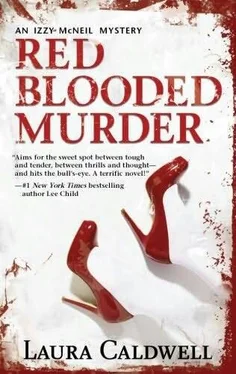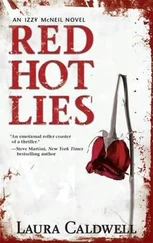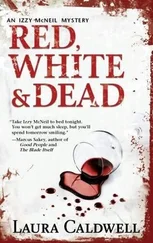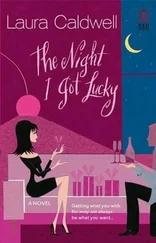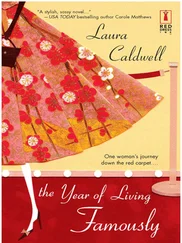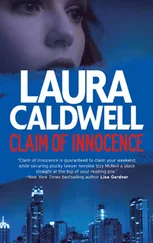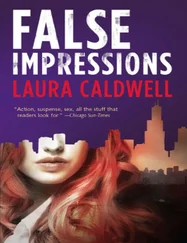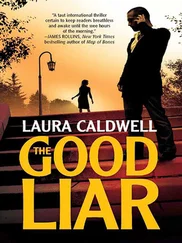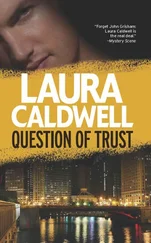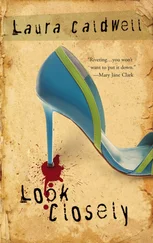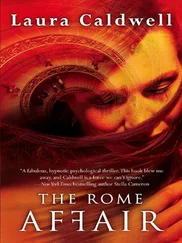And then he pictured himself, acting like a teenager, unable to control his emotions.
He stopped. He calmed down. “Enough,” he muttered out loud, to no one, his voice forlorn in the empty house.
He turned and kept walking through the rooms, inching open a few windows, wiping the dust from the end tables in the living room, embarrassed at his solitary display of rage.
Zac liked to consider himself a strong person. Jealousy had rarely been a problem before this. When Jane told him about the first guy, a year after they were married, she was so nervous, he almost thought it funny. He had never been possessive, and he had never thought he could possess someone like Jane. And so he told her to be careful and to not make it too much of a habit, but that he understood. Of course, he added, if she was going to do that, then he could sleep with the occasional woman if he wanted. But the thing was he never wanted to. Jane was enough for him. He had ventured outside their marriage only once, with Zoey, mostly because he felt it would somehow even the score, but all he could think about was Jane.
And now he was tired of being her fool. Check that. Judging from his tantrum with the bed, he wasn’t just tired, he was pissed off. Truth was, he was starting to despise her a little bit. And he hated that. How could he love her so much and hate her at the same time? It was a sadistic circle.
Strangely he had seen the same pattern play out in his parents’ relationship. His mother, Martina Ellis, was an artist, a flamboyant woman who hit her stride in the seventies when she changed her fine arts perspective to one of “super realism.” His dad, after their marriage, followed her to different places around the world-sometimes Manhattan, sometimes the South of France or London-so she could paint. His father often sat in the background, supporting his wife. When Zac was born, it was no different. He loved his mother, but she intimidated him with her talent and her unapologetic exuberance. That was true even to this day. It was his father he was close to. And so when his dad finally grew weary of taking the backseat, Zac understood perfectly why he had to divorce his mother.
His dad understood Zac well, too. He understood why Zac would be attracted to someone like Jane, and he had been very empathetic lately when Zac called him, asking vague questions about marriage and how his dad handled it. His father answered all such questions with his usual blend of patience and candor. He spoke to Zac of how he “managed” Martina when she needed it, how he propped her up when the critics were ruthless, how he held her arm proudly when they walked through a glittering gallery showcasing her work.
But in a recent conversation, his father paused and spoke a few words that haunted Zac.
“Remember one thing,” he said. “It was a battle, and I didn’t win it. I had to leave.”
Those words blazed through Zac’s mind now as he walked through their house one more time, then outside and onto the deck. In the summer, the deck would hold chairs with big padded cushions, a chaise, a hammock, two umbrellas. But now only an iron patio table stood alone, stark and lonely in a cool patch of light.
Usually, he would be relaxing now that the house was open, maybe starting to think about a bottle of wine to uncork for Jane. But Jane would not be coming today. He’d told her to stay the hell away from the beach house, from him. Without her, the house seemed only half-full of its usual vitality, but he couldn’t stand the sight of her right now. Her bullshit dalliances were causing his mind to swirl, to wonder-Was it him? Or was it them? And how could he get his mind around it? Because he didn’t want to lose the love of his life.
And then there was another persistent question-why should he be the one who had to ask these questions, to ponder new versions of right and wrong?-Why was it Jane who got to do whatever she wanted while he had to wade through the muck left behind?
He stormed from the deck back into the house. He would focus on something else, on some work around here. That was what always calmed him.
He hurried down the old, slanted staircase into their basement. On the workbench that was original to the house, amid the house paint and the tools, he found the brass cleaner he had used on the bed when they bought it. He grabbed a few rags from the bin under the bench and took the stairs back up two at a time.
In the bedroom, he chose a spot on Jane’s side and furiously scrubbed at it with the polisher. The black started to lift, but the brass remained dull. He grabbed a clean rag and ran it back and forth, hard, over the spot. Still, it wouldn’t shine. The brass appeared slightly greenish, as if it had been inhabited by a mold that had simply taken over the bed.
He squirted more tarnish remover on the rag, scrubbed again and again and again. He tried a clean rag. The tarnish couldn’t be removed.
“Goddamn it,” he said. “Goddamn it.”
His voice, low as it was, cut through the crisp, spring coolness of the house, and he heard the anguish there. For some reason, it was that sound, that tone, which overwhelmed him.
He sank to his knees and grief washed over him. He couldn’t go on like this. They couldn’t go on like this. He began to sob. He hadn’t cried in eight years, not since his grandmother, his dad’s mom, passed away.
But the tears were different now. They weren’t the soothing sobs to mourn the passing of a life lived well. These were angry sobs, full of despair. And mostly, full of fear.
Because he had no idea how he would handle this grief. He had no idea how to move on from here.
“H ave you ever cheated?”
Sam shot a sideways glance at me. His green eyes sparkled like olives in a martini. “Not on you.”
“On anyone?”
His eyes moved away, looking toward the empty stage. As he did so, the overhead lights glinted in his cropped blond hair, making him look like the California boy he was.
We were no longer engaged or exclusive, but now, as we tried to figure out what to do with our lives and ourselves, Sam and I dated. Which meant that instead of spending our nights making dinner at home or watching the Cubs on TV, we went out for nights like this.
We were at Wise Fools, a bar on Lincoln Avenue, where we often went when we first met. Like a lot of the other bars on Lincoln, it was wood-clad and beer-soaked, the kind of place that brought out the twenty-somethings searching for Bud Light specials. But Wise Fools booked great bands, too, and since Sam was a guitar player and an all-around music lover, we’d been finding ourselves there every few weeks.
The band tonight was Mutha Goose, which I thought was just about the stupidest name I’d ever heard, but Sam’s friend R.T. was the lead guitarist. R.T. and Sam often played together, but Sam never had the time to be in a real band. He was always too busy with business school and then work. Sam, who had been Forester Pickett’s financial advisor at a wealth management firm, had lost his job, too, after taking off temporarily with Forester’s property, but unlike me, he’d landed on his feet. The fact that the whole mess had been in the news hadn’t helped me one bit. Lawyers don’t like even a whiff of a scandal associated with their law firm. The same was true with Sam’s business. None of the wealth management firms would take him on, but a friend gave him a job on the trading side of the business. He didn’t seem entirely happy, but I couldn’t tell if that was because of the new job or because we had broken up. Or maybe because he didn’t have the time to play much music lately, something which made him a little irritable.
R.T. came on stage. By day, R.T. sold computer software, but his passion was his music, and nights like tonight, he looked like a musician-jeans that appeared not to have been washed for weeks, leather flip-flops, brown bangs that fell in his eyes instead of being gelled into submission.
Читать дальше
Конец ознакомительного отрывка
Купить книгу
